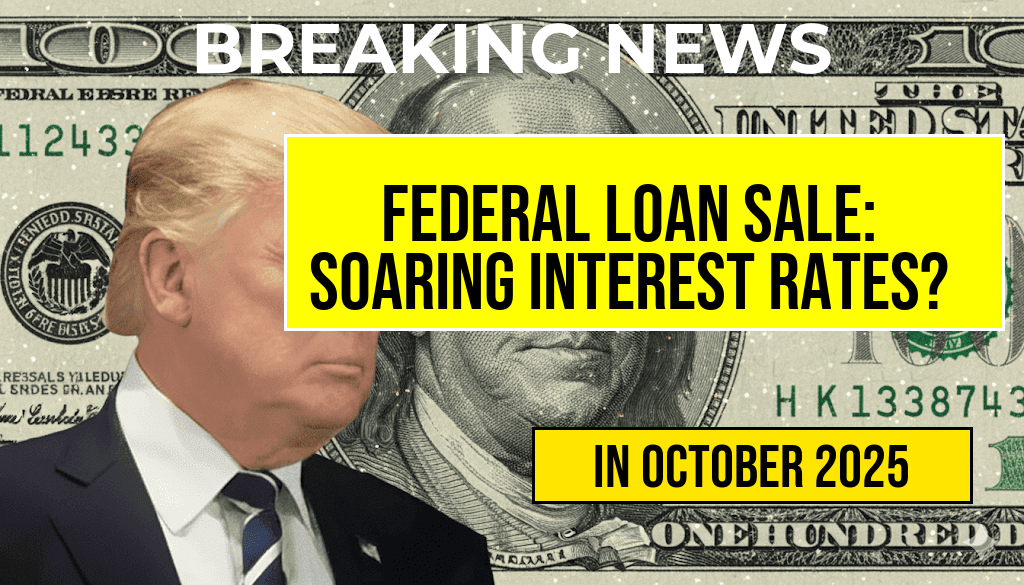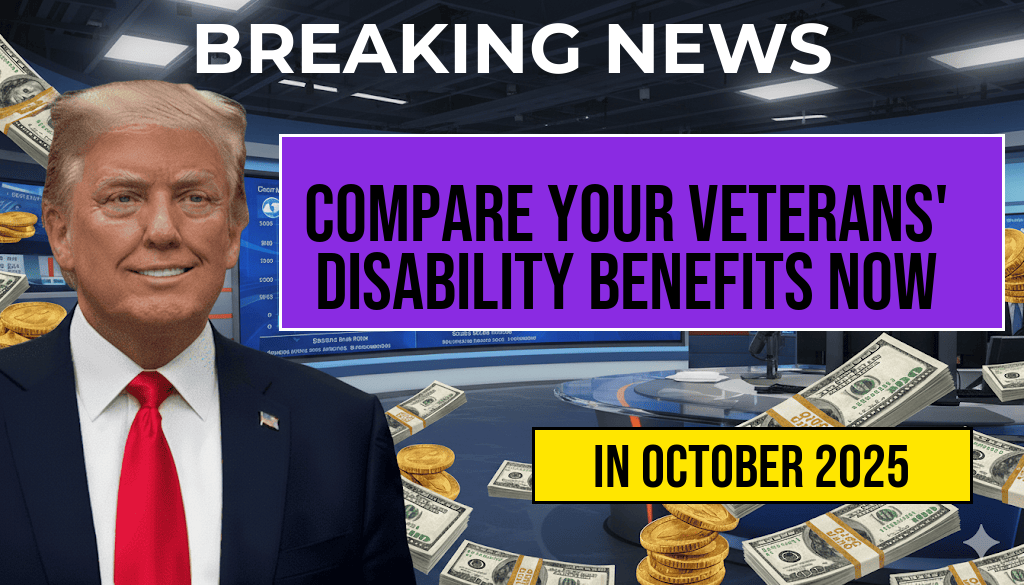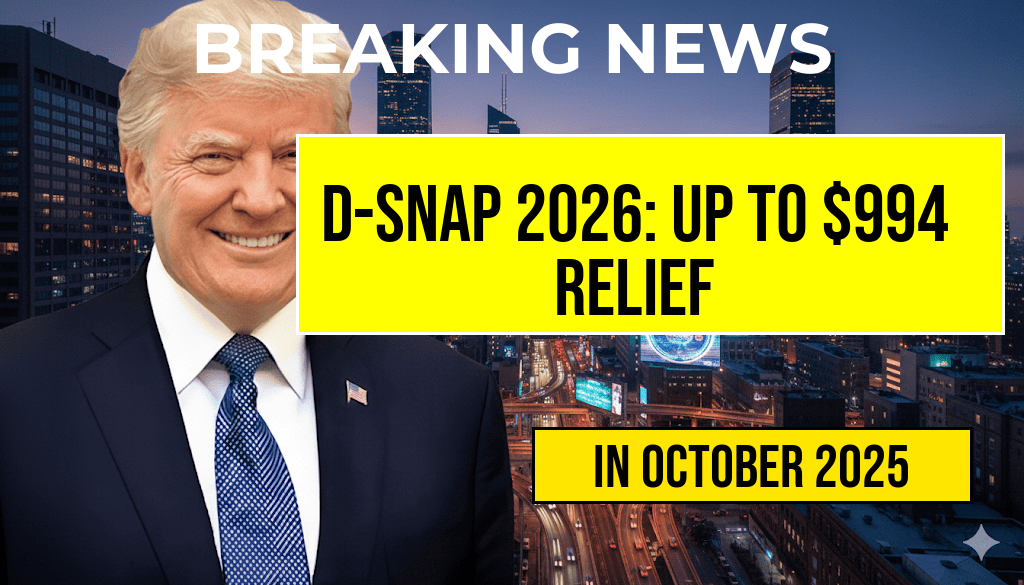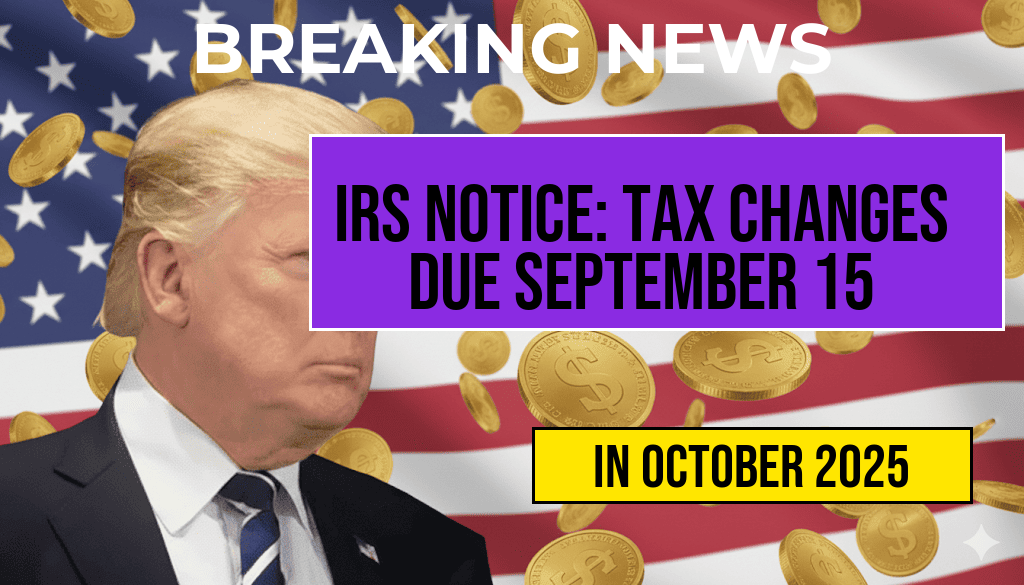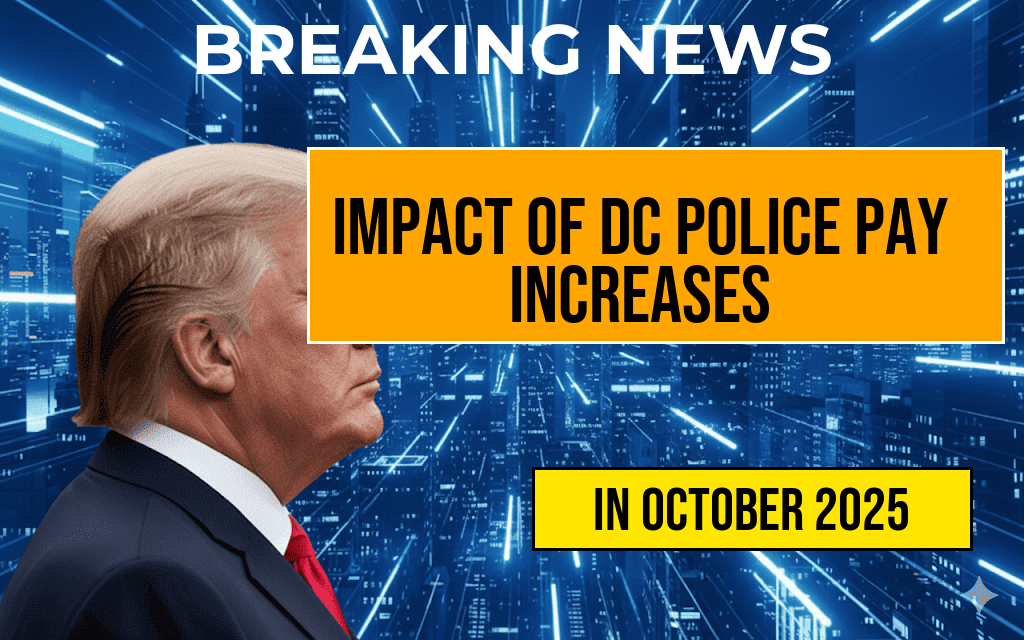The potential sale of $1.6 trillion in federal loans has raised concerns among economists and consumers alike, as it could lead to significant increases in interest rates across various sectors. The U.S. government, faced with rising debt and budgetary pressures, may consider offloading these loans to private investors. This move could have far-reaching implications for borrowers, potentially resulting in annual increases of hundreds of dollars in interest payments. The direct impact on mortgages, student loans, and other forms of credit is a pressing issue that warrants close examination.
Understanding the Federal Loan Landscape
The federal loan portfolio includes a range of financial products, including student loans, mortgage guarantees, and small business loans. These loans are typically backed by government entities, which allows them to offer lower interest rates compared to the private sector. Selling these loans could alter the dynamics of the lending market considerably.
What Would Selling Federal Loans Mean for Interest Rates?
When the government sells its loan portfolio, it removes a significant amount of capital from the market. This can lead to a tightening of available credit, as private investors may not be able to replicate the favorable terms set by the government. As a result, interest rates on various loans could rise sharply. Here are some potential outcomes:
- Mortgage Rates: With government-backed loans often providing lower rates, the sale could lead to higher mortgage rates, making homeownership less affordable.
- Student Loans: Current federal student loan rates are fixed and often lower than private alternatives. Selling these loans could result in higher rates for future borrowers.
- Small Business Loans: Increased rates could hinder small business growth, as access to affordable credit becomes more challenging.
Historical Context and Economic Implications
Historically, major shifts in federal loan policies have led to volatility in the credit market. For instance, the 2008 financial crisis illustrated how the removal of government support from the housing market can lead to drastic increases in mortgage rates and a reduction in home buying. Experts warn that a similar pattern could emerge if the current administration pursues the sale of federal loans.
| Loan Type | Current Average Interest Rate (%) | Projected Increase (%) | New Average Interest Rate (%) |
|---|---|---|---|
| 30-Year Fixed Mortgage | 3.3 | 1.5 | 4.8 |
| Federal Student Loans | 4.7 | 2.0 | 6.7 |
| Small Business Loans | 5.0 | 1.0 | 6.0 |
Consumer Reactions and Financial Planning
Consumers are already expressing anxiety over the potential for rising interest rates. Many are reconsidering their financial strategies in light of this uncertainty. Financial advisors recommend that individuals and families assess their current debt levels and consider locking in fixed rates before any changes occur. It may be prudent to explore refinancing options for existing loans to mitigate future rate increases.
Government’s Position and Future Outlook
As discussions surrounding the sale of federal loans progress, officials have remained largely noncommittal about the timeline and specifics of the proposed sale. Advocates argue that selling these loans could alleviate some of the burdens on taxpayers and free up capital for other government initiatives. However, critics warn that such actions could disproportionately affect low- and middle-income families who rely on affordable credit options.
In the coming months, policymakers will need to weigh the potential benefits of selling federal loans against the risks of increased interest rates and the subsequent economic fallout. As stakeholders from various sectors weigh in, the final decision will likely reflect a complex interplay of economic theory, political pressure, and consumer sentiment.
For more information on federal loans and their economic implications, you can visit Forbes or Wikipedia.
Frequently Asked Questions
What is the impact of selling $1.6 trillion in federal loans on interest rates?
Selling $1.6 trillion in federal loans could potentially lead to an increase in interest rates as the government reduces its bond holdings, affecting the overall market.
How might this action affect consumers directly?
If interest rates rise due to the sale of these loans, consumers could see their borrowing costs increase, resulting in payments that could soar by hundreds of dollars annually.
Are there specific types of loans that would be affected?
Yes, mortgage rates, auto loans, and other consumer loans could be impacted, leading to higher costs for borrowers across the board.
What factors influence the change in interest rates when federal loans are sold?
Factors include market demand for government bonds, investor confidence, and overall economic conditions, all of which can influence interest rates.
Is there a way to mitigate the potential rise in interest rates?
Policy measures from the Federal Reserve and adjustments in fiscal policy could help mitigate potential spikes in interest rates, but the effectiveness of these actions may vary.

